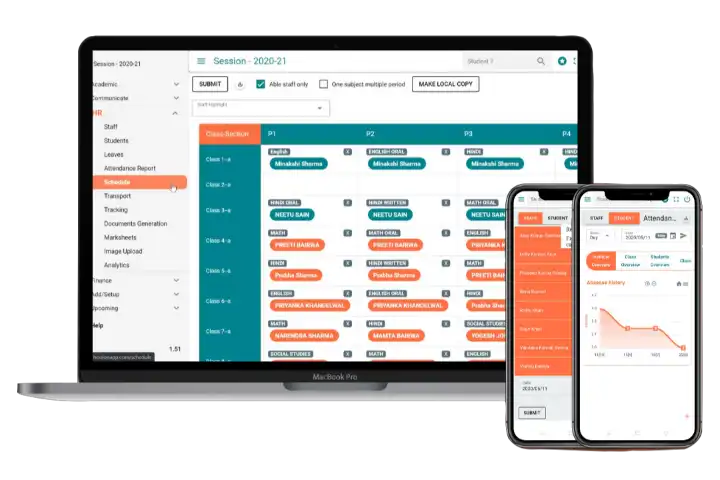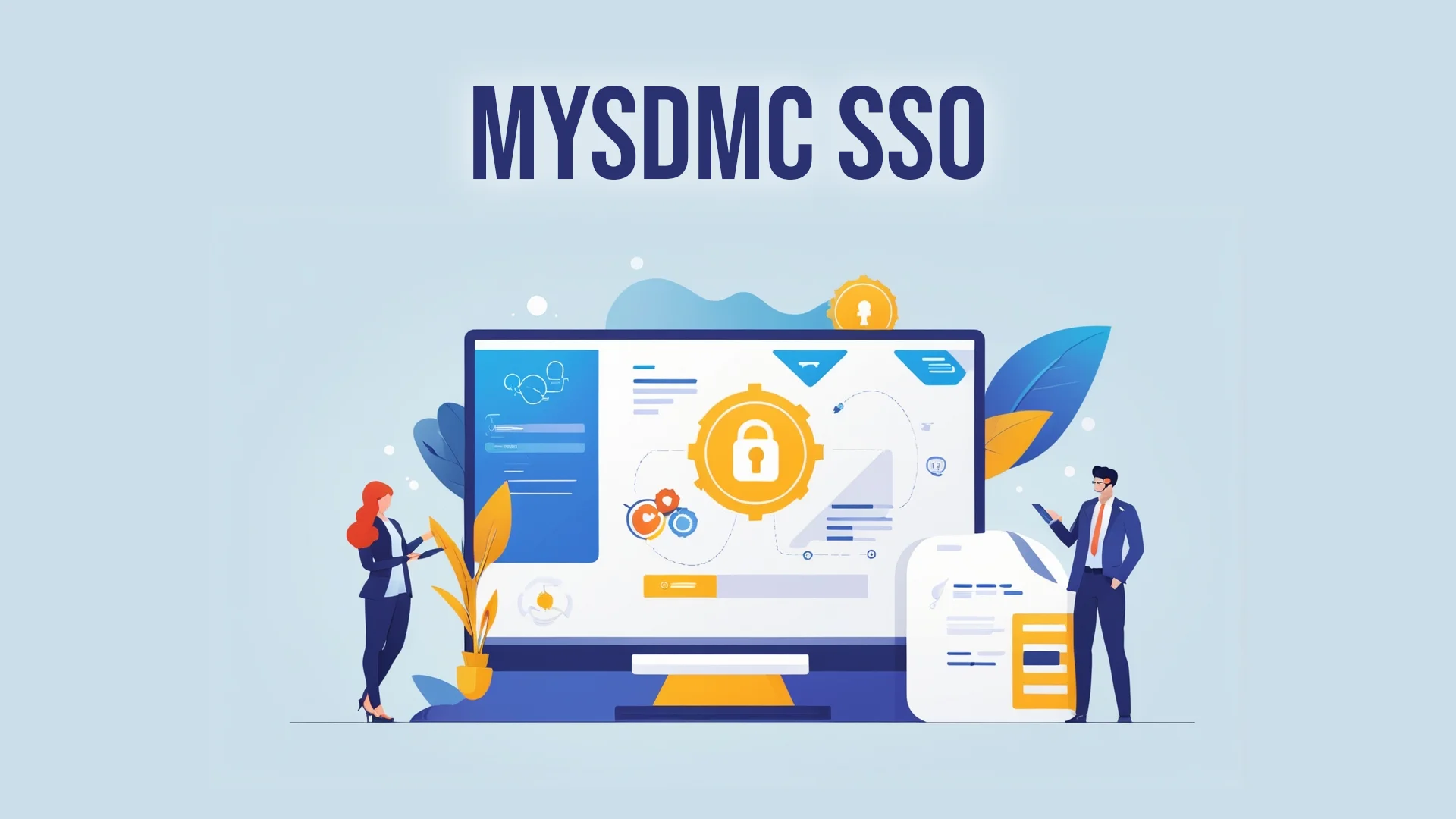School management systems have revolutionized the way educational institutions operate. The introduction of these systems has made managing schools easier, more efficient, and more productive than ever before. Teachers and administrators alike have been raving about the benefits of school management systems. In this blog, we will discuss the reasons why educators and school administrators are so excited about these systems.
Streamlined Administrative Processes
One of the most significant benefits of a school management system is the streamlining of administrative processes. These systems allow administrators to manage and automate administrative tasks like attendance tracking, grading, scheduling, and report generation. This automation frees up time for teachers and administrators to focus on other essential aspects of school management, such as curriculum development and student engagement.
Enhanced Communication
Communication is key to successful school management, and a school management system can help improve communication between teachers, administrators, parents, and students. With a management system, teachers can quickly and easily communicate with students and parents via email, text messages, and other digital platforms. Administrators can use the system to send out announcements, newsletters, and other communications to parents and students. This enhanced communication helps keep everyone informed and up-to-date on important school-related information.
Access to Real-Time Data
School management systems provide access to real-time data, enabling teachers and administrators to make informed decisions quickly. With real-time data, teachers can monitor student progress, identify areas of strength and weakness, and provide targeted support. Administrators can use this data to make decisions about resource allocation, curriculum development, and teacher training.
Improved Student Performance
School management systems can help improve student performance by providing teachers with the tools they need to create personalized learning experiences. These systems allow teachers to easily track student progress, identify areas of weakness, and provide targeted support. By tailoring instruction to individual students’ needs, teachers can help improve student performance and engagement.
Increased Parent Engagement
Parent engagement is critical to student success, and a school management software can help facilitate this engagement. With a management system, parents can easily monitor their child’s progress, view grades and attendance records, and communicate with teachers. This increased visibility helps parents stay informed and engaged in their child’s education.
Read more here
Efficient Resource Allocation
School management systems can help administrators make informed decisions about resource allocation. With real-time data, administrators can identify areas of need and allocate resources accordingly. For example, if a particular class is struggling with math, administrators can allocate additional resources, such as teacher training or tutoring services, to help support those students.
Increased Teacher Collaboration
School management systems can help facilitate collaboration among teachers. These systems allow teachers to share lesson plans, resources, and best practices, which can help improve instructional quality and student performance. Collaboration among teachers can also help reduce workload and improve morale.
Improved Accountability
School management systems can help improve accountability among teachers, students, and administrators. With real-time data, teachers can monitor student progress and identify areas of weakness, which can help hold students accountable for their learning. Administrators can use the system to monitor teacher performance, identify areas of strength and weakness, and provide targeted support. By improving accountability, school management systems can help improve overall school performance.
Conclusion
In conclusion, school management systems have transformed the way educational institutions operate, providing benefits for teachers, students, parents, and administrators alike. By streamlining administrative processes, enhancing communication, providing access to real-time data, improving student performance, increasing parent engagement, facilitating efficient resource allocation, promoting teacher collaboration, and improving accountability, these systems have become essential tools for successful school management. If you are an educator or administrator looking to improve school operations, consider implementing a school management system to take your institution to the next level.
About Author
Meet Rabia Rasheed, a passionate writer with a keen interest in sharing valuable insights and tips on school management systems, particularly eSchool. As an expert in this field, Rabia has a wealth of knowledge and experience that she is eager to share with educators and school administrators alike. So, without further ado, let’s dive into the world of school management systems with Rabia Rasheed.



